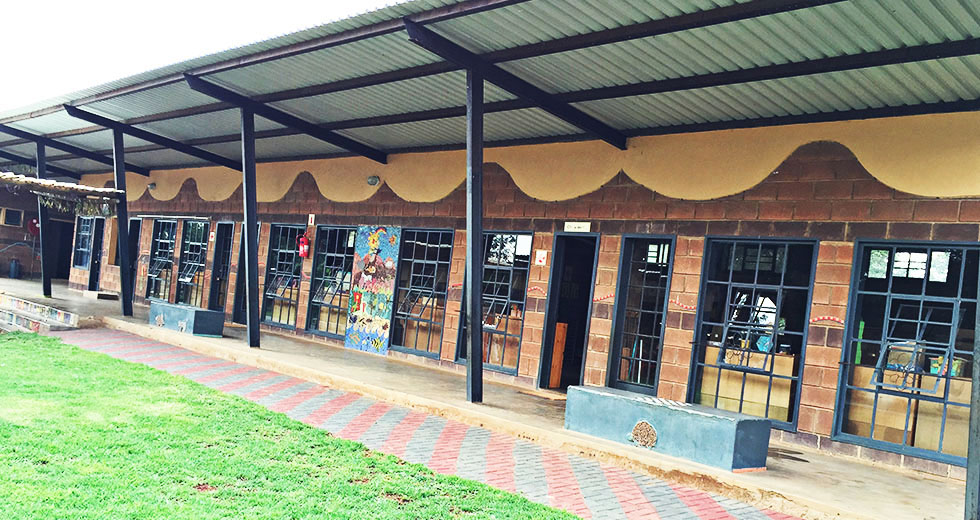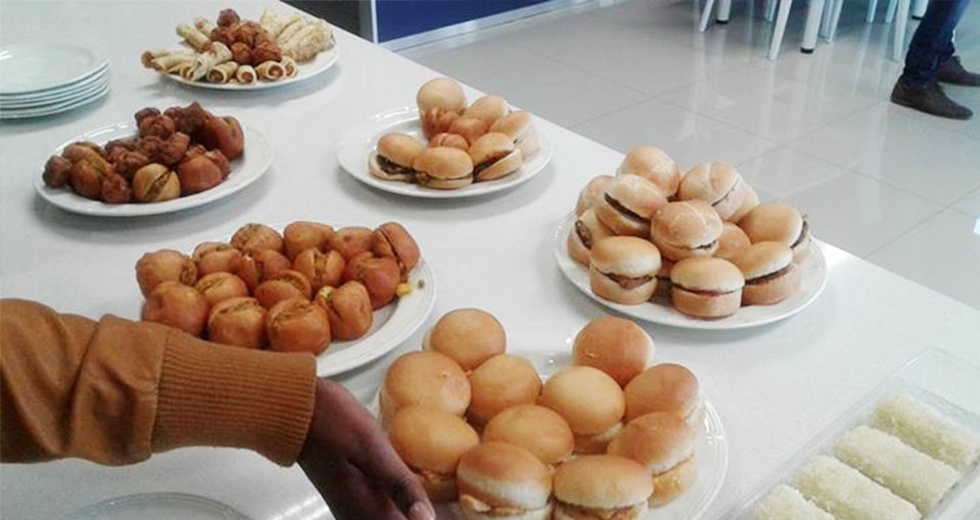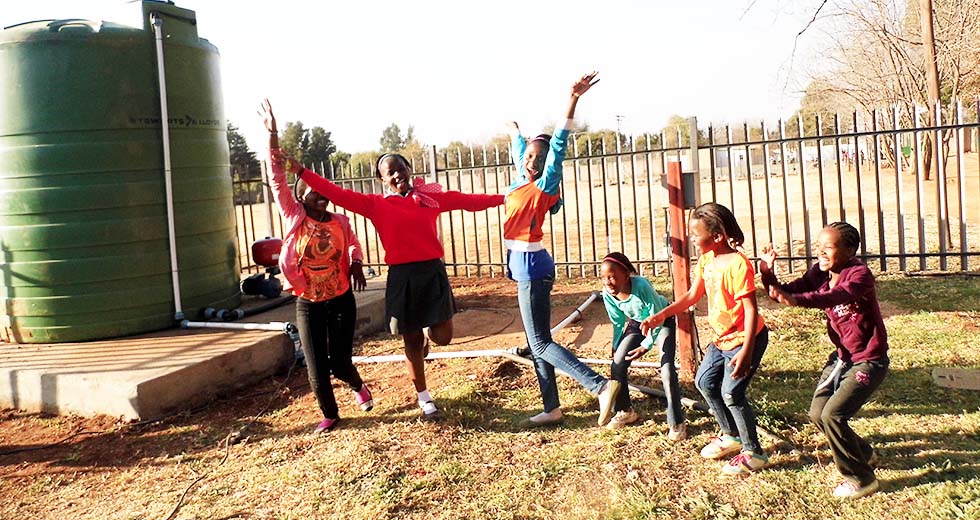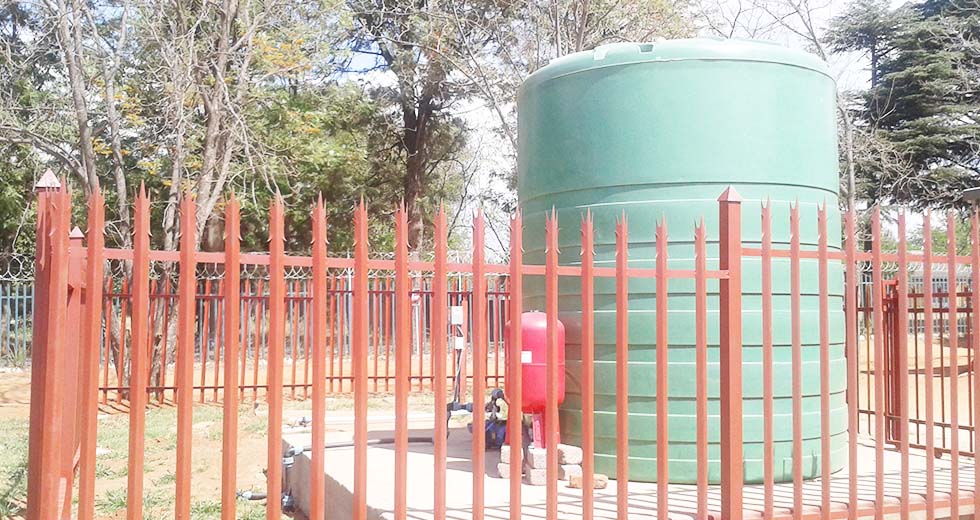Green Thumb
The core tenets of permaculture are
Care for the earth: Provision for all life systems to continue and multiply. This is the first principle, because without a healthy earth, humans cannot flourish.
Care for the people: Provision for people to access those resources necessary for their existence. Return of surplus: Reinvesting surpluses back into the system to provide for the first two ethics. This
includes returning waste back into the system to recycle into usefulness.
Permaculture design emphasizes patterns of landscape, function, and species assemblies. It determines where these elements should be placed so they can provide maximum benefit to the local environment. The central concept of permaculture is maximizing useful connections between components and synergy of the final design. The focus of permaculture, therefore, is not on each separate element, but rather on the relationships created among elements by the way they are placed together; the whole becoming greater than the sum of its parts. Permaculture design therefore seeks to minimize waste, human labor, and energy input by building systems with maximal benefits between design elements to achieve a high level of synergy. Permaculture designs evolve over time by taking into account these relationships and elements and can become extremely complex systems that produce a high density of food and materials with minimal input.
The design principles which are the conceptual foundation of permaculture were derived from the science of systems ecology and study of pre-industrial examples of sustainable land use. Permaculture draws from several disciplines including organic farming, agroforestry, integrated farming, sustainable development, and applied ecology. Permaculture has been applied most commonly to the design of housing and landscaping, integrating techniques such as agroforestry, natural building, and rainwater harvesting within the context of permaculture design principles and theory.
Twelve design principles
New Jerusalem Children’s Home has designed it’s in line with the twelve Permaculture design principles articulated by David Holmgren in his Permaculture: Principles and Pathways Beyond Sustainability:
- Observe and interact: By taking time to engage with nature we can design solutions that suit our particular situation.
- Catch and store energy: By developing systems that collect resources at peak abundance, we can use them in times of need.
- Obtain a yield: Ensure that you are getting truly useful rewards as part of the work that you are doing.
- Apply self-regulation and accept feedback: We need to discourage inappropriate activity to ensure that systems can continue to function well.
- Use and value renewable resources and services: Make the best use of nature’s abundance to reduce our consumptive behavior and dependence on non-renewable resources.
- Produce no waste: By valuing and making use of all the resources that are available to us, nothing goes to waste.
- Design from patterns to details: By stepping back, we can observe patterns in nature and society. These can form the backbone of our designs, with the details filled in as we go.
- Integrate rather than segregate: By putting the right things in the right place, relationships develop between those things and they work together to support each other.
- Use small and slow solutions: Small and slow systems are easier to maintain than big ones, making better use of local resources and producing more sustainable outcomes.
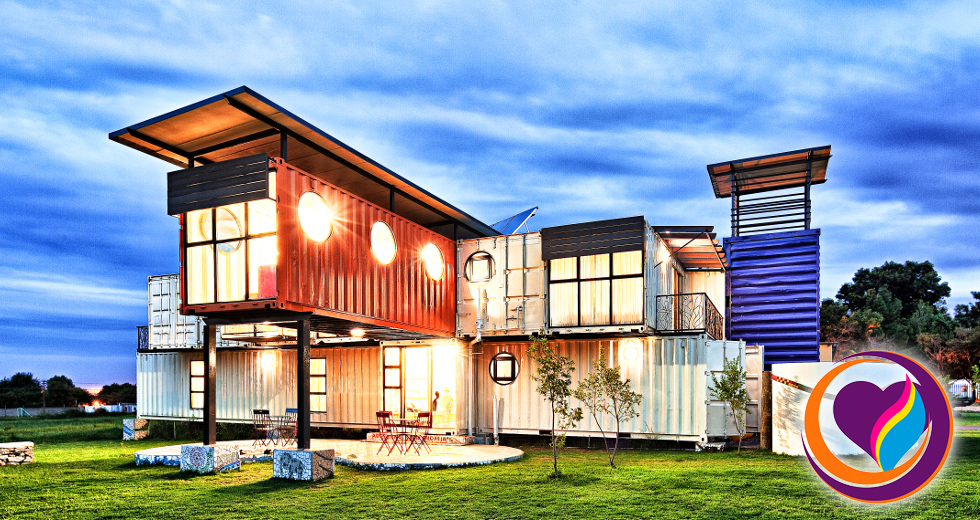
 New Jerusalem Children's Home
New Jerusalem Children's Home
